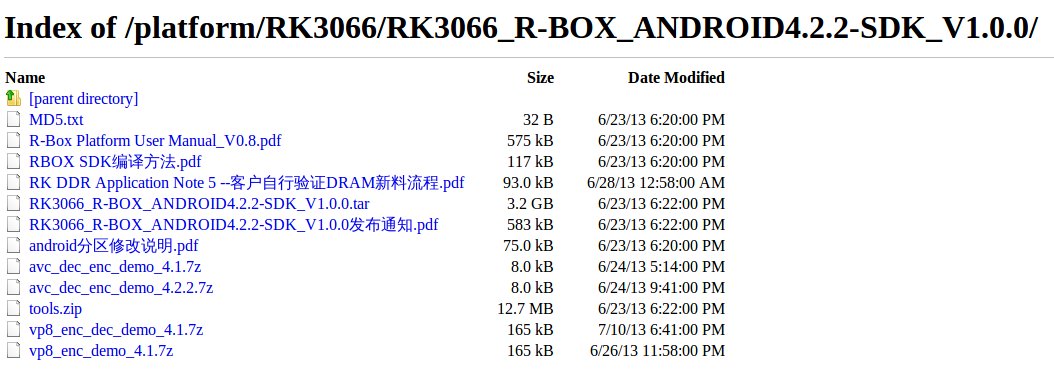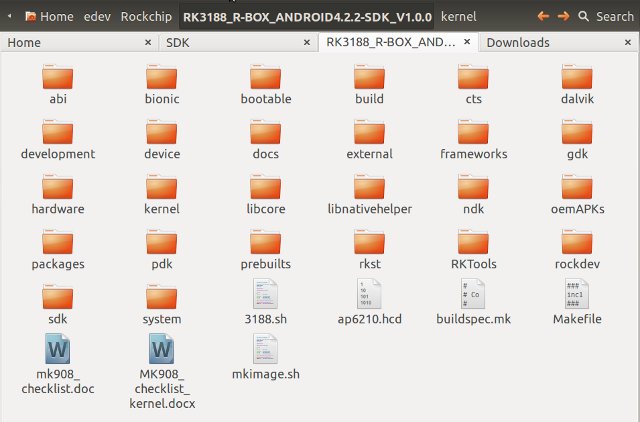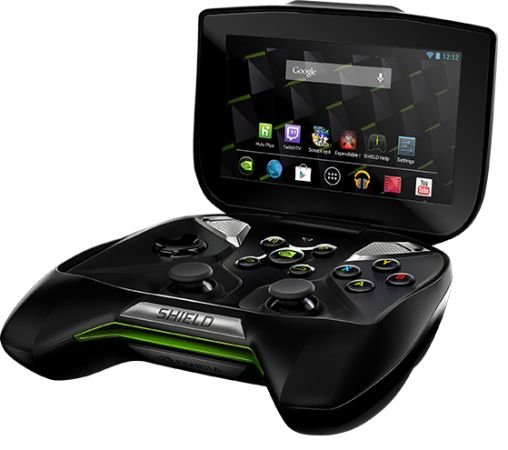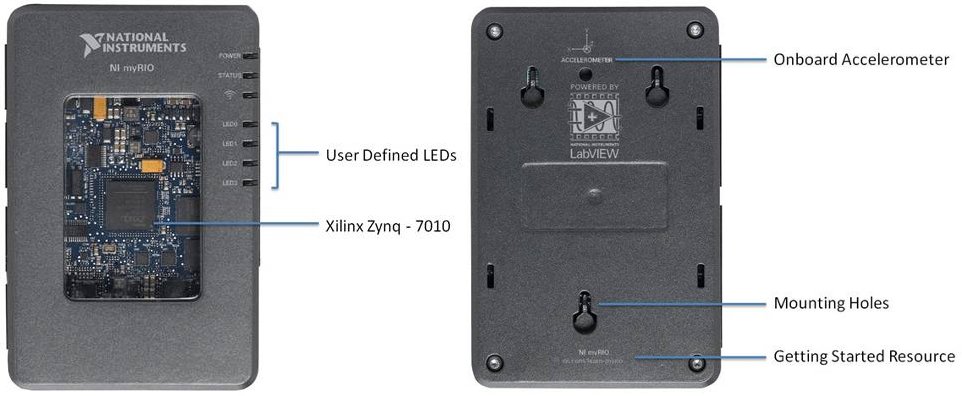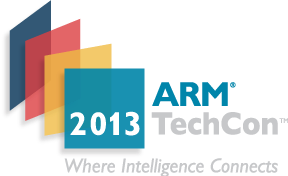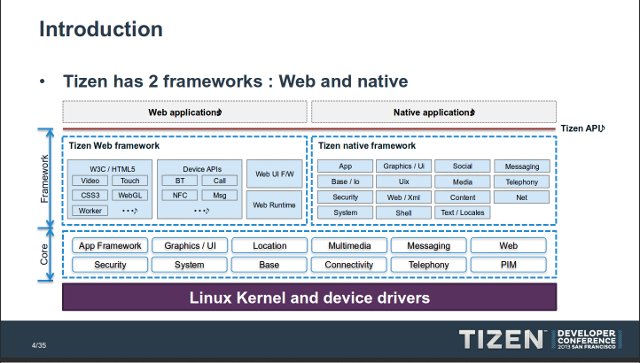I’ve just received an email from the Linux Foundation saying the schedule for LinuxCon and CloudOpen Europe 2013 had been made available. The conference will take place for 3 days (October 21-23, 2013) in the Edinburgh International Conference Center, Edinburgh, United Kingdom. There will be over 100 conference sessions, and several co-located events including: Automotive Linux Summit, the Embedded Linux Conference, Gluster Workshop, KVM Forum, Tizen Summit, Xen Project Developer Summit. As I’ve recently done with LinuxCon North America 2013 and ARM TechCon 2013, I’ll make a virtual schedule with selected developer sessions using the event’s schedule builder. You may find out several sessions will also be given in LinuxCon North America. Monday – 21st of October 11:00 – 11:50 – Bluetooth Smart Devices and Low Energy Support on Linux by João Paulo Rechi Vita, INdT This presentation will cover a brief introduction on how the Bluetooth Low Energy technology […]
Rockchip RK3066 Android 4.2.2 HDMI TV Stick SDK Leaked
About 10 days ago, Android 4.2.2 SDK for MK908 (RK3188) HDMI TV Stick was leaked, and now, I’m reporting another leak, this time for the Android 4.2.2 SDK for the Android TV Boxes based on the older Rockchip RK3066 dual core processor. The files were first found on an FTP server, but one of Freaktab members uploaded a compressed image of all files, RK3066_R-BOX.7z (3.2GB) to MEGA.co.nz. The content of the SDK directory comes with a bit of documentation, AVC and VP8 encoding and decoding demos, and the SDK itself as a 3.2GB tar. I’ve haven’t download the file yet. If you switch to the parent directory, you’ll find more documentation such as several datasheets and RK3066 technical reference manual, hardware files (Schematics, PCB layout, BoM), and some manufacturing files. If you go up to the parent directory, you’ll also find an A20 directory with AllWinner A20 Android SDK (homlet […]
MK908 Rockchip RK3188 mini PC Android 4.2.2 SDK Leaked
We’ve had the Linux source code for RK3188 for a little while, which allowed a preliminary Ubuntu image to boot on devices such as Tronsmart T428. But AFAIK, we did not have any Android SDK for RK3188 HDMI TV Stick, until now. A new user on ARMTvTech has uploaded 5 rar files that can be decompressed into a single 3.2GB file called mk908_RK3188_R-BOX_ANDROID4.2.2-SDK.tar.gz. I’ve had a look, and this is the content of the file which appears to be a complete Android 4.2.2 SDK for MK908. There’s 2 documents in Chinese: mk908_checklist.doc – Apparently some instructions, or recommendations specific to Android MK908_checklist_kernel.docx – Some details about the kernel config There are also more documents and directories in RKTools/docs, but I haven’t checked the details:
|
1 2 3 4 5 6 7 8 9 10 11 12 13 14 |
ls android分区修改说明.pdf Camera_for_RockChipSDK参考说明_v4.0.pdf Infrared remote control R-Box Platform User Manual_V0.9.pdf RK29OR30_ota.pdf RKeMMCSupportList Ver1.09_2013_4_15.pdf RKNandFlashSupportList Ver2.61_2013_4_15.pdf RKRemoteControl RK USB Application Note_V2.0.pdf ROBX-SDK 发布说明(RK3188_R-BOX_ANDROID4.2.2-SDK_V1.0.0_130514).pdf Rockchip Parameter File Format Ver1.3.pdf SDK 发布通知.pdf wifidisplay |
Back to the root directory, we’ve got a Makefile, and mkimage.sh script, but both are called by 3188.sh script which apparently builds all, and generates […]
NVIDIA Releases Source Code, Binaries, and Android Build Instructions for the SHIELD Gaming Console
This morning I’ve read bad news for the open source community. Jean-Baptiste Quéru, leader of the Android Open Source Project (AOSP) has decided to quit the project because AOSP cannot run on the latest Nexus 7 as Qualcomm (lawyers) impeded the project, and Google is unable to released factory images or necessary binary drivers for the GPU. But there’s also good news, as Nvidia has just released source code and binaries to allow developers to fully build an Android image for its SHIELD gaming console. If you want to build an image for the latest image available, following the steps below. Get the code
|
1 2 3 4 |
mkdir ~/shield-open-source cd ~/shield-open-source repo init -u git://nv-tegra.nvidia.com/manifest/android/binary.git -b rel-roth-ota-1-partner -m secureos/jb_roth.xml repo sync -j5 |
Build the Android image (Provided you’ve already setup your Linux PC do build AOSP):
|
1 2 3 4 5 6 7 8 9 |
cd ~/shield-open-source export TOP=`pwd` cd vendor/nvidia/licensed-binaries ./extract-nv-bins.sh cd $TOP . build/envsetup.sh setpaths lunch thor-userdebug mp dev |
Done (mp dev took about one hour for my machine). You should now have the required binary images in out/target/product/roth/ directory. Enter fastboot mode before flashing the binaries by one […]
LinuxCon North America 2013 Schedule
LinuxCon (North America) 2013 will take place on September 16 – 18, 2013 in New Orleans, LA. The event will be co-located with several other conferences: the Linux Plumbers Conference, the Xen Project User Summit, the OpenDaylight Mini-Summit, the Gluster Workshop 2013, the UEFI Plugfest, the Linux Wireless Summit, the Linux Security Summit, and CloudOpen 2013. LinuxCon consists of 3 days of keynotes, and legal, operations, and developers related sessions as well as tutorials and workshops. There will be around 150 sessions and keynotes during those 3 days. I’ve gone through developer sessions and selected one for each time period. Monday, September 16 10:35 – 11:25 – UEFI and Linux by Kirk Bresniker, HP UEFI has become ubiquitous on the PC client systems and is coming up on servers and ARM-based systems, it is becoming the converged firmware infrastructure. UEFI Secure Boot feature has attracted a lot of attention from […]
NI myRIO is an Education Platform Powered by Xilinx Zynq-Z7010
National Instruments has been working on a device called NI myRIO, an hardware & software platform that aims at giving engineering students the ability to design real systems quickly for automation, robotics, data logging or embedded systems. The hardware is based on Xilinx Zynq-7010 with a dual-core ARM Cortex-A9 processor and an FPGA with 28,000 programmable logic cells, and features 10 analog inputs, 6 analog outputs, audio I/O channels, and up to 40 lines of digital input/output (DIO). NI myRIO Hardware Specifications: SoC – Xilinx Zynq-7010 with a dual core Cortex A9 processor and FPGA with 28,000 cells System Memory – Unknown Storage – Unknown Expansion Ports: myRIO exPansion Ports (MXP) – Two identical ports (MXP A and MXP B) with 4 analog inputs, 6 digital inputs/outputs, 2 analog outputs, 1 quad encoder, 3 PWMs, 1 UART, 1 I2C and 1 SPI by default. Ports configuration is customizable with Labview […]
ARM TechCon 2013 Schedule – ARM Servers, Internet of Things, Multicore, Hardware and Software Optimization and More
ARM Technology Conference (TechCon) 2013 will take place on October 29 – 31, 2013, in Santa Clara, and the detailed schedule for the event has just been made available. In the previous years, the conference was divided into Chip Designs day (1 day), and the other 2 days were reserved for Software & System Design, but this year it does not appear to be the case. Whether you’ll be able to attend the event or not, it’s worth having a look at what will be discussed there in order to have a better understanding of what will be the key ARM developments in the near future in terms of hardware and software. There will be around 90 sessions categorized into 15 tracks: Accelerating Hardware Development – This track explores the resources, tools, and techniques that designers can employ to quickly bring hardware to market. Topics include multicore design, ARM IP, […]
Tizen Developer Conference 2013 Presentation Slides, Audio Recording and Videos Are Now Available
The Tizen Developer Conference took place in San Fransisco, on May 22-24, 2013. We’e already seen a few Tizen demos from the conference, but slides and media files (mostly audio, but also some videos) are now available for keynotes and technical presentations. As this was just the second Tizen conference, there were still many sessions dealing with overall structure of the operating system, and explaining how to get started either with native or web development, such as: An Overview of the Tizen Native Application Framework Introduction of Tizen SDK minimal web development tools Tizen Design Guidelines and User Experience Tizen Overview and Architecture Tizen.org Web Infrastructure Tizen enters a mobile world dominated by Android and iOS, so several sessions targeted app developers used to work with either operating systems in order to show them how to port their existing apps to Tizen: Bringing Android Apps to Tizen From iOS to […]



